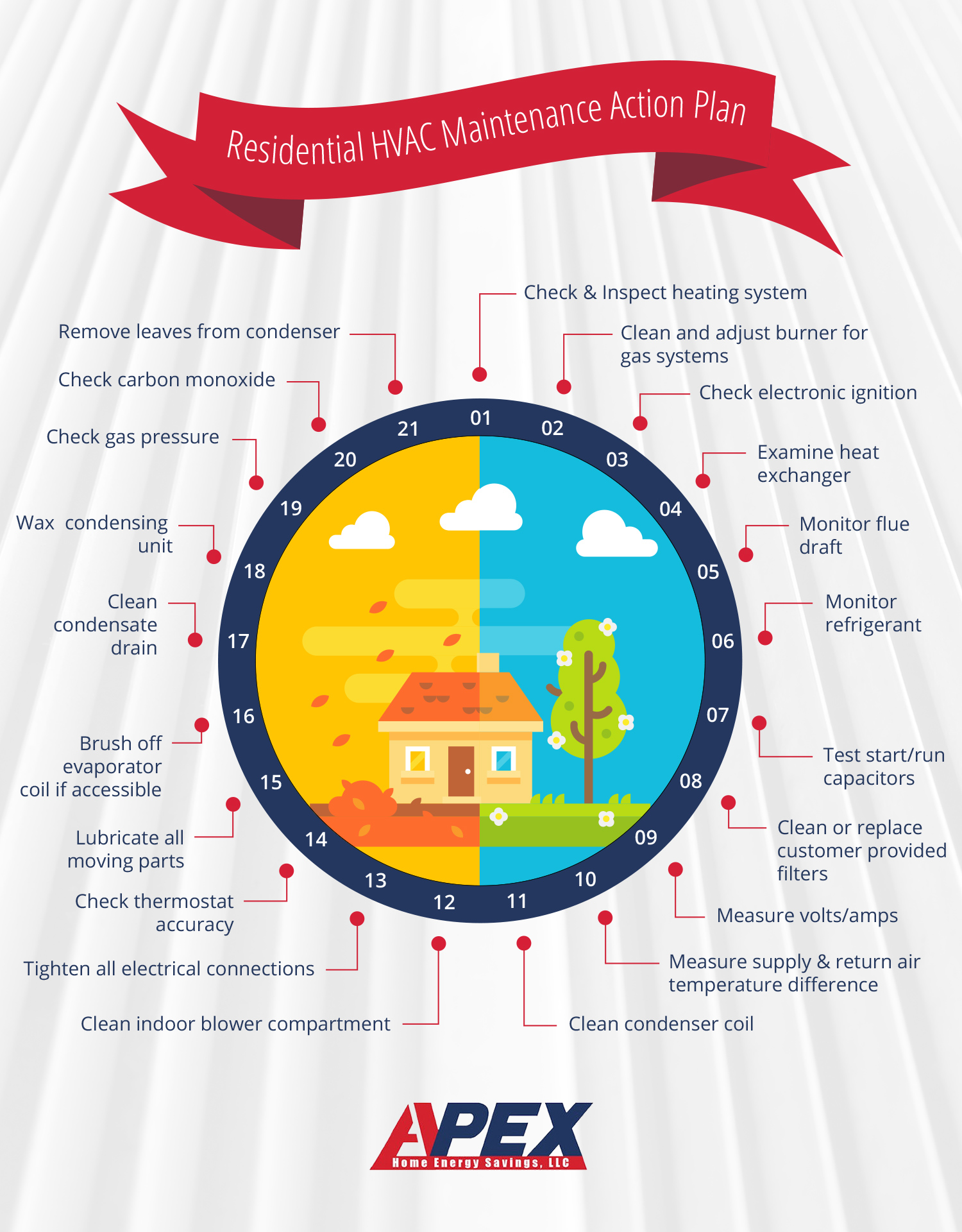Discovering The Environmental Advantages Of Warmth Pumps - A Sustainable Heating Solution
Discovering The Environmental Advantages Of Warmth Pumps - A Sustainable Heating Solution
Blog Article
Content Writer-Crabtree Smed
In a period where sustainability and energy efficiency are paramount, lots of businesses seek eco-friendly home heating solutions. One such solution is the heat pump.
A heat pump extracts the warm in its surroundings and pumps it right into your home, leading to among one of the most reliable green main heating unit around. https://alexisvtnga.is-blog.com/35638421/5-indications-it-s-time-to-upgrade-your-heating-unit-to-a-heatpump generates absolutely no greenhouse gas discharges, making it a highly sustainable modern technology.
Energy Performance
Heatpump are very power reliable and require little maintenance. They utilize less electrical power than various other furnace and are without a doubt the most eco-friendly. They function well with rooftop solar and can frequently pay for themselves in energy financial savings alone.
They can likewise give cooling, which is great for garage workshops, attic room hangouts and bonus spaces, and home enhancements without extending the existing ductwork. They can even be used for retrofits in existing homes with hydronic (water-based) circulation systems such as low temperature radiators or glowing floors.
Try to find models with SEER and HSPF scores that fulfill or exceed Canada's minimum standards, as well as the standards in your area. Greater ratings suggest higher efficiency, which conserves you money in the future and minimizes your carbon footprint. You may also qualify for discounts and motivations! The very best systems are those with a ground warmth exchanger for added effectiveness. https://www.ksdk.com/article/weather/severe-weather/how-air-conditioning-high-temperatures-humidity-heat-cool-home-thermostat/63-94ab6258-610a-4e1e-af78-f0b6ef02775d can soak up thermal energy from the ground during the winter months and remove it in the summer.
Lowered Greenhouse Gas Emissions
Heatpump operate on power and essentially transfer heat from the air, even when it's cool outside. They are able to remove the free heat trapped in air bits and relocate them inside your home, minimizing moisture while doing so.
Compared to gas furnaces, modern-day heat pumps make use of less than one kilowatt of power per kilowatt of home heating power they create. This makes them the most power reliable heating choice readily available with a POLICE (Coefficient of Performance) of four or even more. By slashing the requirement for fossil fuels, heatpump help in reducing greenhouse gas discharges and cut other significant air contaminants.
Structure decarbonization is an international critical, and the cooling and heating field is a crucial driver of that process. Whether it's real estate investors making net no dedications, policy makers setting exhausts limitations, or occupants requiring greener areas, electric heatpump are being identified as a vital remedy. They are a cost-effective means to decrease carbon exhausts by removing the need for nonrenewable fuel sources in structures.
Versatility
Heatpump can be used in numerous kinds of homes and structures-- with or without ducts. They work with hot-water radiators, air-conditioning and programmable thermostats. They can change furnaces or be mounted in brand-new houses. They can work on photovoltaic panels, geothermal systems or even district home heating resources like wastewater.
They're fantastic at delivering even more heat per energy unit. As an example, an air-source heat pump produces up to 3 or more home heating units from each power device it takes in.
Getting the most from your heatpump will depend upon your climate zone and quality of insulation. Seek designs with power STAR rankings and compare their SEER or HSPF specs. In warmer climates, concentrate on SEER; in cooler areas, take into consideration a system with a higher HSPF rating. In addition, buy air securing and insulation to decrease the load on your heatpump. That will certainly boost power effectiveness and aid you reach your Internet Zero goals quicker.
Biomass Boilers
Biomass central heating boilers utilize timber pellets, chips or logs to produce warmth and hot water. They are an excellent option for off-grid residential properties or those that intend to leave the gas grid.
As a standalone heating system, biomass can provide sufficient power to keep your home warm all year round without the common warmth drop off of various other sustainable innovations. They can additionally be used in conjunction with solar panels to maximise savings and gain from RHI settlements.
A disadvantage of these systems is the ahead of time expense and routine gas deliveries. Typically, pellets will need to be blown right into a fuel store utilizing a vacuum cleaner system or they can be by hand fed right into the boiler with a hopper. Logs are usually self-sourced from close-by woodland or gotten in bulk. Along with this, they call for hands-on loading and may require cleaning regularly.